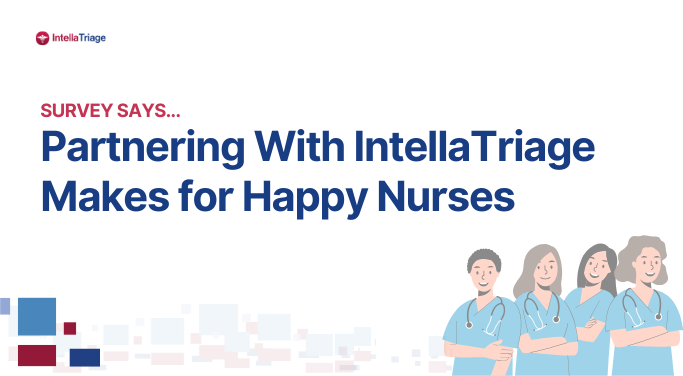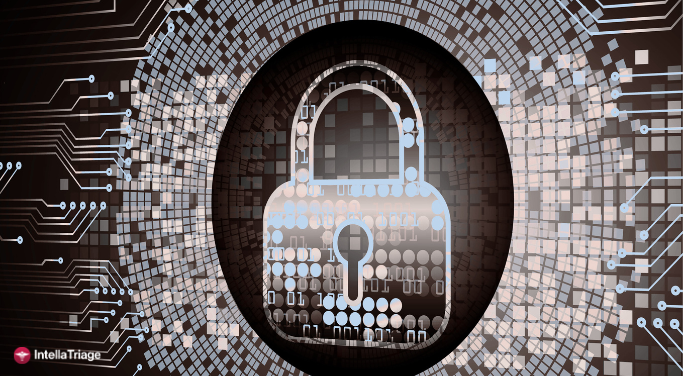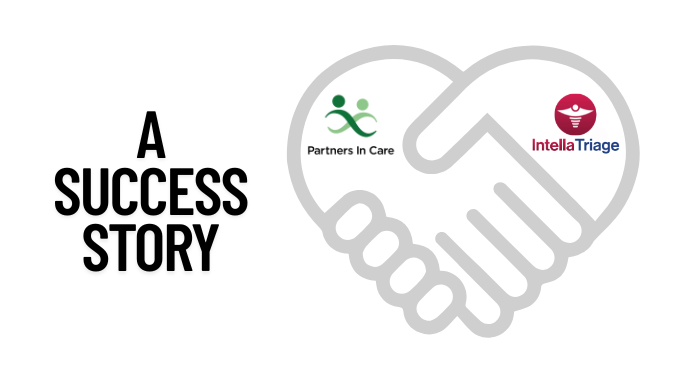The home health space, along with the entire healthcare ecosystem, is in the midst of the greatest staffing shortage the industry has seen in decades, if not ever. With issues like nurse burnout, turnover and compassion fatigue reaching historical highs, providers need a way to overcome these challenges and recruit and retain top-level staff.
In this blog, we will share how hospice agencies can reduce costly and time-consuming nurse burnout and turnover, improve patient and caregiver experience and realize cost-savings by working with an outsourced, nurse-based after-hours triage service. Plus, we will also share key criteria providers should consider when selecting a nurse triage service.
Causes of Nurse Burnout and Turnover
Some of the top contributors to nurse burnout are heavy workload and administrative demands, constant disruptions and frequent on-call shifts. Failure to address these issues can lead to high nurse turnover rates, reduced patient satisfaction, lower Consumer Assessment of Healthcare Providers and Systems (CAHPS) scores and worsening financial performance.
After-hours calls and on-call shifts in particular can be a significant stressor for nurses. Imagine that one of your nurses is with a patient and family during a home visit when another patient’s caregiver calls. If the nurse doesn’t take the call, they risk not helping someone in need. If the nurse does take the call, it can make the family at the home visit feel like they don’t have the nurse’s complete attention. This can affect the experience of both the caller and the family at the home visit. It can also leave the nurse feeling like they didn’t serve either patient and family well.
Being on-call can make it more difficult for nurses to recover from work, leading to exhaustion and burnout. Even worse, burnout can be cyclical: burnout leads to staff shortages and staff shortages lead to burnout.
To help reduce burnout, hospice agencies can outsource handling after-hours calls.
After-Hours Nurse-Based Triage
One way to address nurse burnout is to partner with an after-hours, nurse-based triage service. By acting as an extension of the care team during non-business hours, this service greatly reduces the number of calls field nurses receive after-hours by diverting them to an outsourced team of experienced hospice nurses. These nurses are able to handle up to 80% of hospice caller needs, including medication refills, ordering supplies, providing symptom management and offering emotional support.
For more complex calls that require a home visit or more assistance, the triage nurse will send those to the on-call nurse. This significantly reduces the number of calls a field nurse receives each night, so they can focus on caring for patients and families during home visits and get much needed rest at night. The nurse-based triage service not only addresses both nurse burnout and patient experience, it’s also cost-effective since hospices don’t have to recruit and retain more after-hours staff.
Criteria for Selection
- Who Answers the Calls
The real value-add of any after-hours call answering service is the people who work there. When deciding which service is right for their organization, providers should keep in mind that having experienced hospice nurses answering the phone allows patients and caregivers to have their needs addressed from the first call, no matter the time of day. With other after-hours models like medical answering services, the callers reach administrative staff, not experienced RNs, and may be put on hold or transferred multiple times before getting the help they need. - Their Model
A company may use one of two types of models: “first line of defense” or “backup.” With the backup model, calls only go to the triage nurse if the on-call nurse doesn’t answer. This does nothing to address nurse burnout, because all calls are still first being directed to the on-call staff. With the first line of defense model, after-hours calls go directly to the triage nurse, who then transfers only the most urgent calls to the on-call nurse. - Clinical Directives
The after-hours nurse triage service should act as an extension of your care team and provide a seamless experience for your nurses and patients. To do so, they should adopt and work within your protocols, train a team of nurses on your EMR software and assign nurses to your organization based on experience level. - EMR Access
To provide patients with a better continuity of care, the company should chart directly in your EMR. This also allows both field nurses and triage nurses to have a complete picture of the patient’s medical history and needs and reduces the administrative cost of having someone input the notes manually into the EMR the next day. - Analytics
The service should be transparent about its performance and provide iterative feedback between its staff and your team. Advanced reporting also allows agencies to explore what they can optimize during the daytime to improve overall care. - Wait Times
Time is of the essence when a caregiver calls a hospice service after-hours. Providers should consider not only speed to answer, but speed to nurse. In other words, it’s more important that your patients reach someone who is able to address their concerns as quickly as possible, rather than someone who forwards their call, puts them on hold or takes a message. - A Proven Track Record of Success
Ask for testimonials or contact information for the company’s current clients
IntellaTriage: Your All-In-One Solution
For most hospice agencies, outsourcing a nurse-based, after-hours triage service is more cost-effective and efficient than handling after-hours calls in-house. By partnering with IntellaTriage, you can reduce burnout and turnover in your nursing workforce, improve patient and caregiver satisfaction and realize cost-savings.
If you’re ready to transform your after-hours care, contact us today.
This post was originally published in September 2018 and has been completely revamped and updated for accuracy and comprehensiveness.
Contact Us for a Consultation
Ready to optimize your triage process? Reach out to us today for a consultation tailored to your needs. Let’s elevate your patient care together.
More From The Blog
Survey Says… Partnering With IntellaTriage Makes for Happy Nurses In today’s competitive healthcare landscape, becoming the employer of choice is a strategic advantage. And if you’re in hospice or home health, your clinicians aren’t just looking for better pay. They’re looking for better balance. According to a recent survey of IntellaTriage clients, 96% say our [...]
Recent data breaches are once again highlighting the urgency of securing protected health information (PHI). In March 2025, Yale New Haven Health System disclosed that an unauthorized third party accessed the personal data of nearly 5.6 million patients. Around the same time, Kentucky’s Cumberland County Hospital suffered a breach affecting more than 36,000 individuals, including [...]
Partners In Care - A Success Story. Partners In Care is a 5-star nonprofit provider of hospice, palliative, and home health services in Oregon. When they decided to reevaluate their after-hours care model, the goal was clear: prioritize patient care while supporting the nurses who make it all possible. Their home health and hospice nurses [...]


